An area cannabis retailer has complained to the City of London about an unsanctioned Indigenous-run 24-hour pot shop running out of a trailer.
By Dale Carruthers | London Free Press | Dec 12, 2022
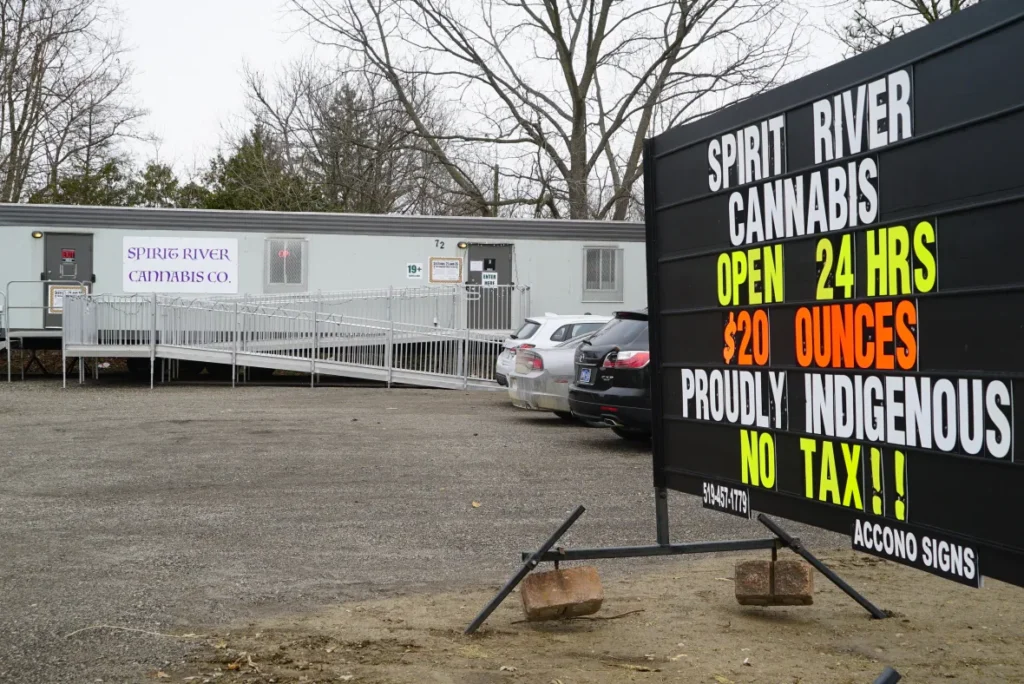
Spirit River Cannabis recently opened in a gravel lot at 72 Wellington Rd., just north of Grand Avenue, without obtaining a licence from the Alcohol and Gaming Commission of Ontario (AGCO), the province’s pot regulator.
Owner Maurice French is exercising his treaty rights to open a “medicinal cannabis trading post” on traditional Chippewa Nation land, according to a letter sent to the city and police officials.
But Marie Ross, owner of two Bob’s Bud Emporium stores in St. Thomas, said allowing a cannabis retailer to operate in defiance of the law isn’t fair to those who follow the rules and could put customers at risk.
Spirit River Cannabis “could have gone through the same process we all did and they chose not to,” she said. “They need to follow the same rules as the rest of us.”
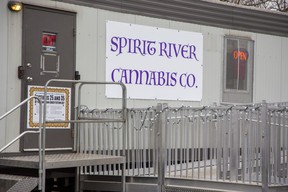
The more than 1,500 cannabis retailers in Ontario – nearly 50 of them in London – are allowed to open between 9 a.m. and 11 p.m. and must sell products from the Ontario Cannabis Store, the government-run marijuana wholesaler and online delivery service.
Ross raised the issue of the Wellington Road dispensary in an email to Mayor Josh Morgan and Ward 13 Coun. David Ferreira, saying it sets a bad example for the city and asking whether city officials gave the business a building permit.
An emailed response from the mayor’s office says the AGCO is responsible for approving cannabis retail stores. “As such, this falls outside the municipality’s jurisdiction,” it said.
Ross, who shared the correspondence with The Free Press, expressed shock at the “ignorant” reply: “Before your office sends out something on your behalf, maybe they better to do their own research.”
A video posted on YouTube last month shows French and Del Riley, a hereditary Crane Clan chief of the Chippewa Nation, delivering letters about Spirit River Cannabis to city hall and the police station.
“We delivered our letter recognizing our rights, our agreements that we’re allowed to be here as a First Nations, Chippewas, on our territories,” French, 51, says in the two-minute video.
The letter, signed by Riley, says the local landowner and Crane Clan support French, who will run the business in accordance with the North Shore Anishinabek Cannabis Association, an Indigenous organization that asserts its sovereignty.
“Mr. French has asked me to explain his constitutionally Aboriginal and Treaty right to you as they apply to his trading post,” writes Riley, a former chief of the Assembly of First Nations, citing various treaties.
“As a recognized treaty expert, I am willing to provide you with our nation’s understanding of our inherent rights and treaties.”
Riley, who wasn’t available for an interview Monday, closes his letter by offering to meet police and city officials.
A London police spokesperson said the letter was under review.
“We are not in a position to discuss enforcement plans,” Const. Krysten Howell-Harries said by email.
Illegal pot shops began popping up in London before Canada legalized recreational cannabis in October 2018, prompting police to crack down, arresting employees, seizing inventory and eventually snuffing out the brick-and-mortar operations.
The OPP-led cannabis enforcement team – made up of officers from nearly a dozen Ontario police agencies – has shifted its focus from illegal dispensaries to online pot delivery services, estimated to number in the hundreds across the province.
A team spokesperson didn’t respond to a request for comment.
Unlicensed pot shops have long operated on Indigenous territories without interference from local police or the OPP. There are more than a dozen such businesses on the Oneida of the Thames First Nation, southwest of London.
Ross is worried that if the city and police don’t take action against London’s only unsanctioned pot shop, more will open.
“At what point is this going to stop?” she said.







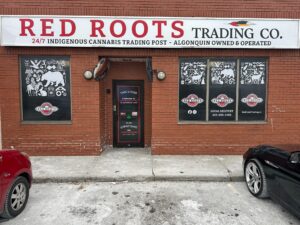


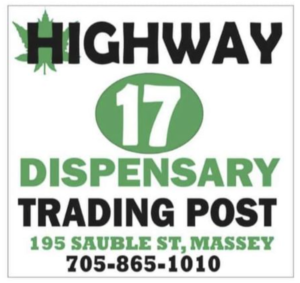
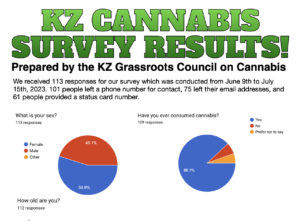
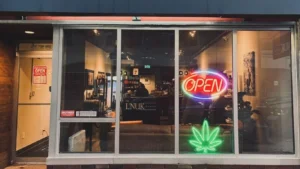
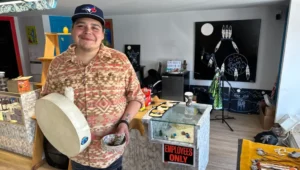
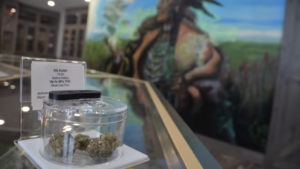

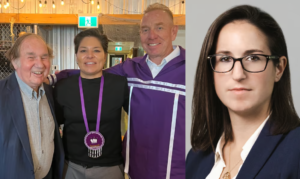
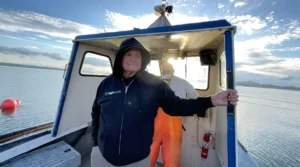
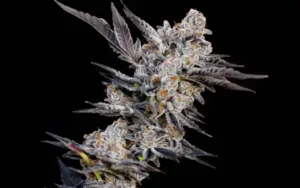

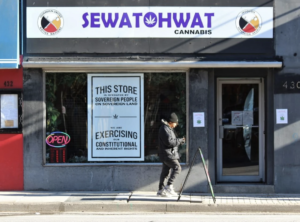
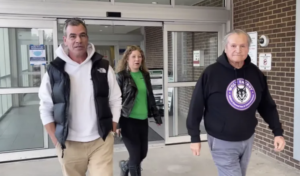
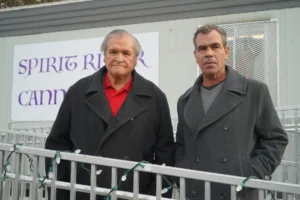
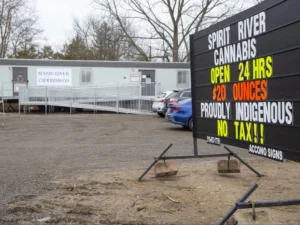
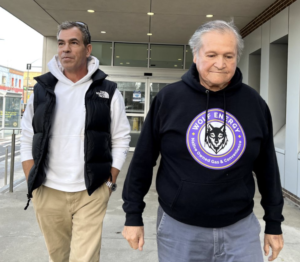





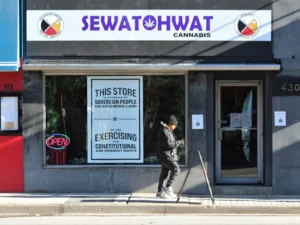
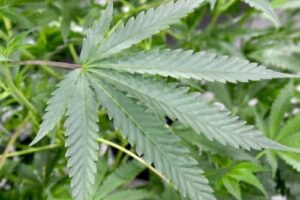

Comments are closed.